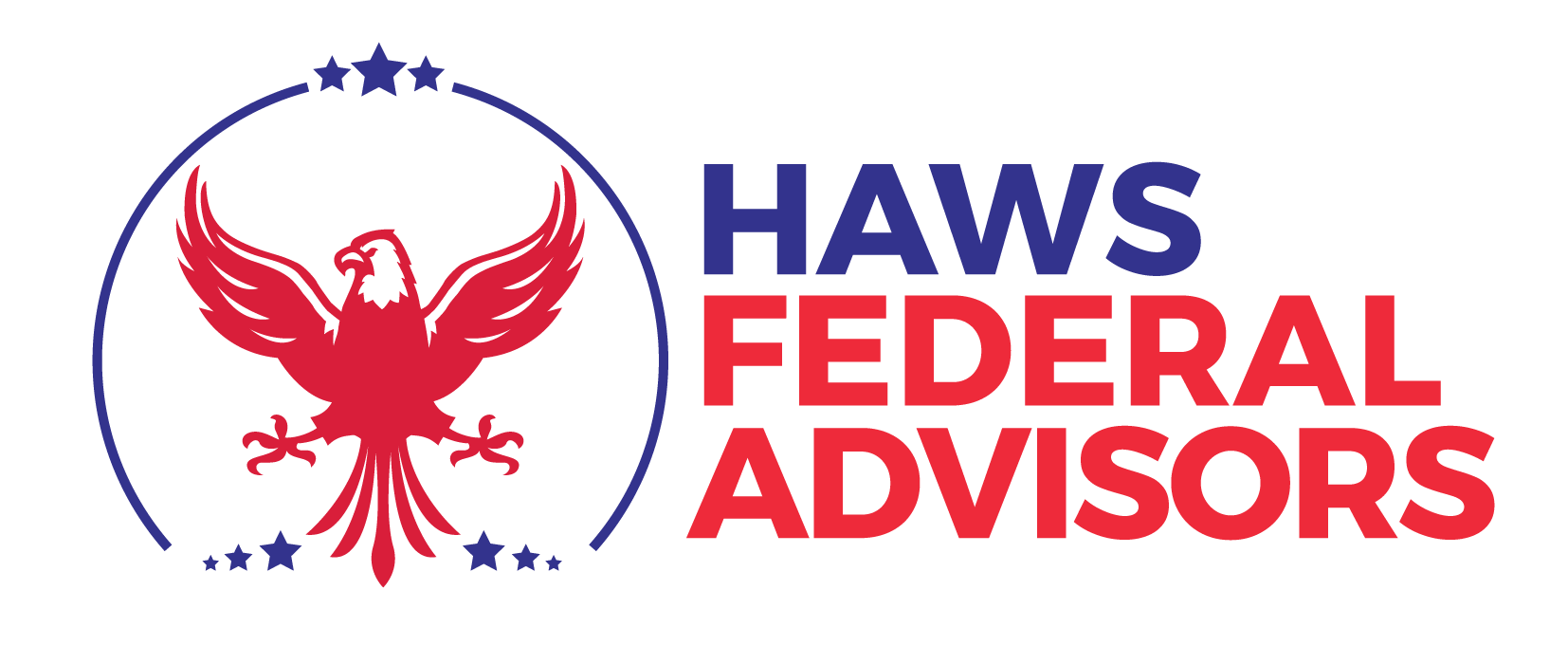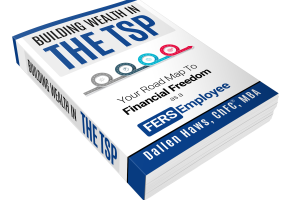Many federal employees want to retire as soon as possible. But before you act too soon, it’s good to consider the impact that your retirement date will have on your benefits.
Note: Before picking a retirement date, it is important to know that you are eligible to retire first. If you aren’t sure when you are eligible to retire, check out this article.
There are three important things to know before deciding on your retirement date:
The pension is payable the month AFTER you retire
Annual leave and sick leave accrue at the end of a pay period
Retiring at the end of a leave calendar year will maximize your annual leave
The pension is payable the month AFTER you retire
Some people like to retire early in a month. Let’s give an example and say that you wanted to retire January 1 to start the new year. If you chose to retire January 1, you will not receive your pension until February 1. This would leave you 30 days without a pension.
On the contrary, if you retire January 31, you would still get your pension on February 1. This would give you just 1 day in retirement without a pension payment. That seems like a much better deal to me.
Annual Leave and Sick Leave Accrue at the End of a Pay Period
We won’t go into depth on how annual leave and sick leave affect you in retirement. Needless to say, more annual leave gives you a larger lump sum that the government will pay you at retirement and more sick leave can increase your pension slightly. If you would like more information on that, here is the link.
The point is, we want to maximize everything we can. Annual leave and sick leave will only accrue at the end of a pay period. Let’s say you get 5 hours of sick leave and 5 hours of annual leave per pay period (just as an example). If you retire a day before the pay period, the 5 hours of annual leave and the 5 hours of sick leave for that pay period will not count towards your retirement. You won’t even get part of the 5 hours for each.
Retiring at the End of a Leave Calendar Year Will Maximize Your Annual Leave
Every new leave calendar year, there are limits to the number of hours you can accrue for annual leave. If you have 400 hours of annual leave left over and the maximum number of hours going into the next leave calendar year is 250 hours, you would only get 250 hours of annual leave if you kept working into the next leave calendar year.
But, there is NO limit to the number of annual leave hours you can get paid for if you retire BEFORE the leave calendar year ends. Using our previous example, if you have 400 hours of annual leave this year, and you decide to retire before the end of the leave calendar year, you will get paid for the 400 hours of annual leave (not the 250 hours). But, if you waited until the start of the next year’s leave calendar year to retire, they would only pay you a lump sum for the 250 hours of annual leave.
Example Dates for 2024
With these three things in mind, here is a list of popular dates to retire in 2024:
May 31, 2024 (End of Pay Period, End of Month)
June 29, 2024 (End of Pay Period, End of Month)
November 30, 2024 (End of Pay Period, End of Month, End of Leave Year)
December 31, 2024 (End of Month, End of Leave Year)
January 11, 2025 (End of Pay Period, End of Leave Year)
Conclusion
Every federal employee is different. Although these 5 example dates are great dates to retire (generally), they may not work for you. You might have your own family goals or personal goals that don’t work with any of these dates. These dates are just suggestions. But, hopefully it gives you an idea of what could be the best retirement date for you. The most important thing is that you are able to retire happy and the way you want.


